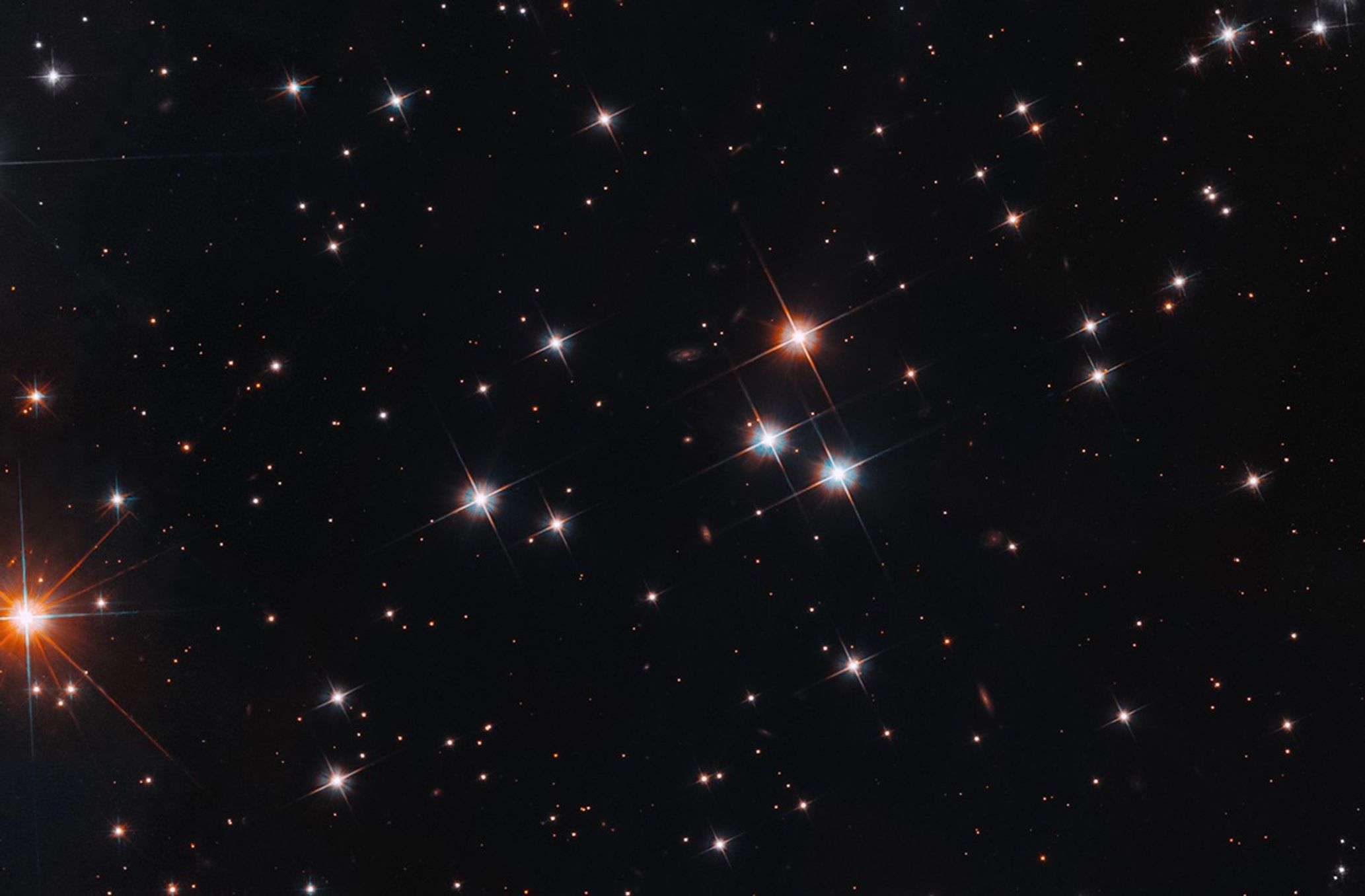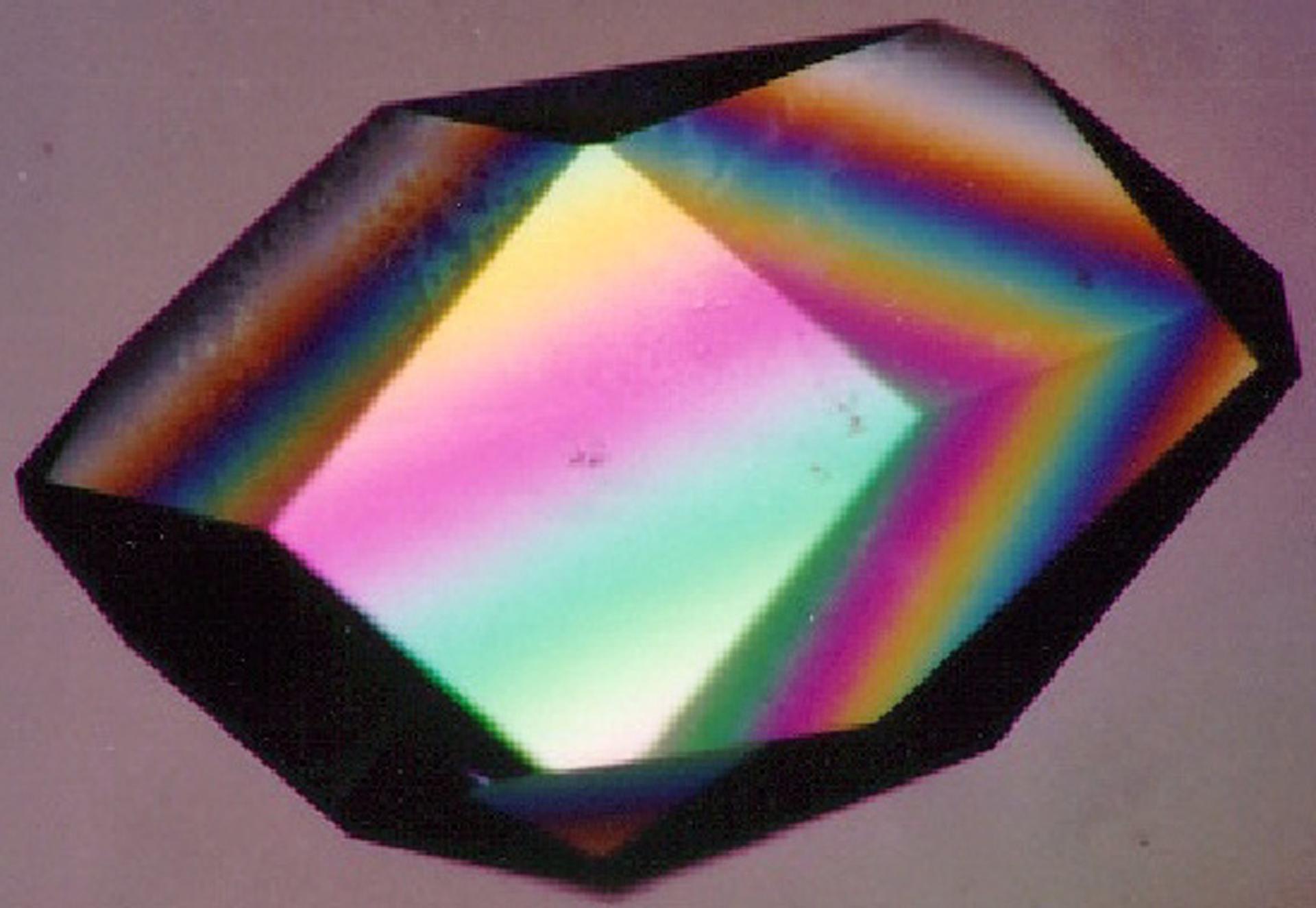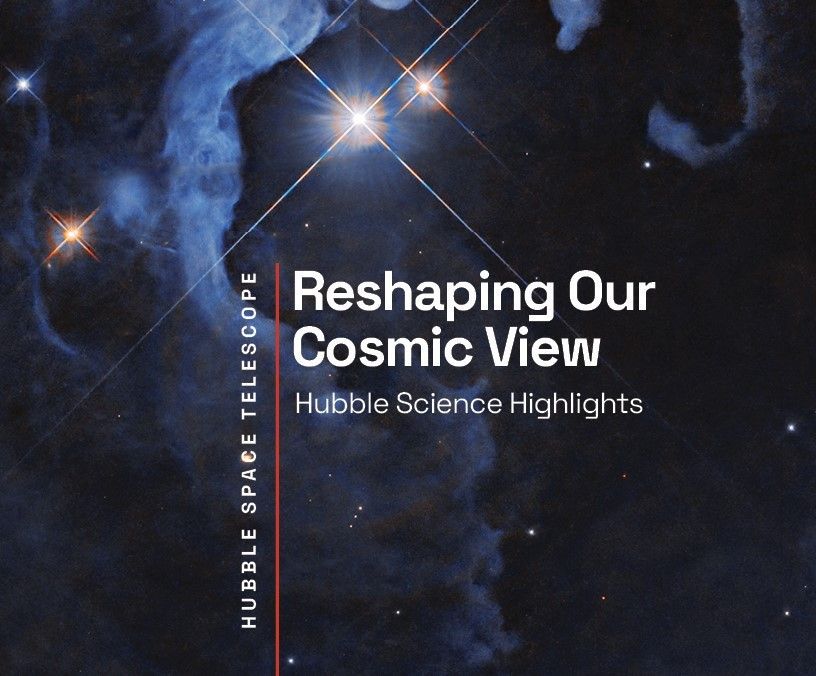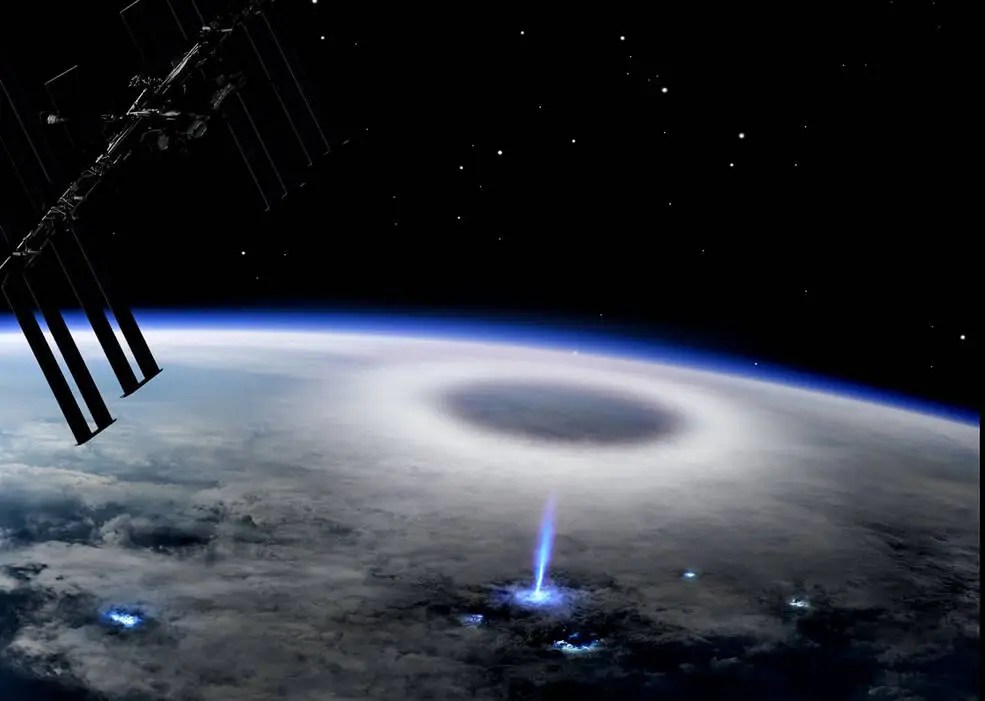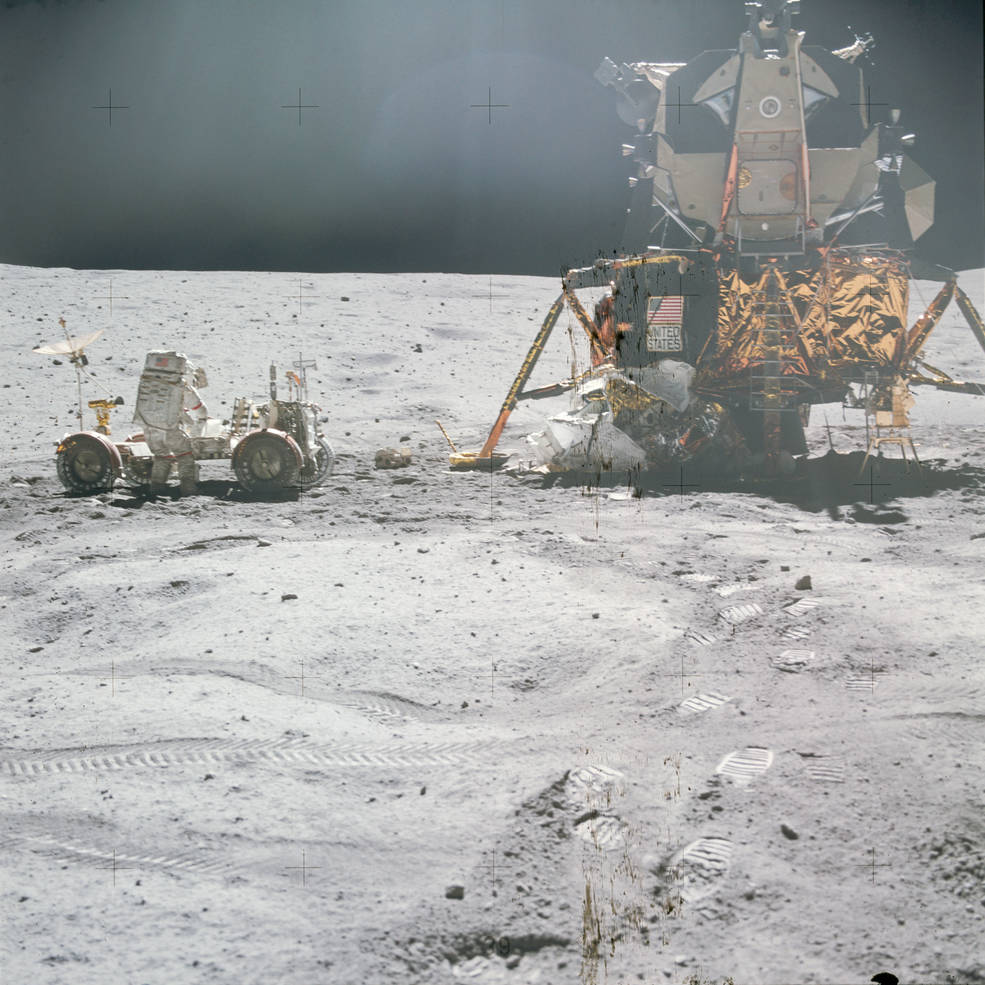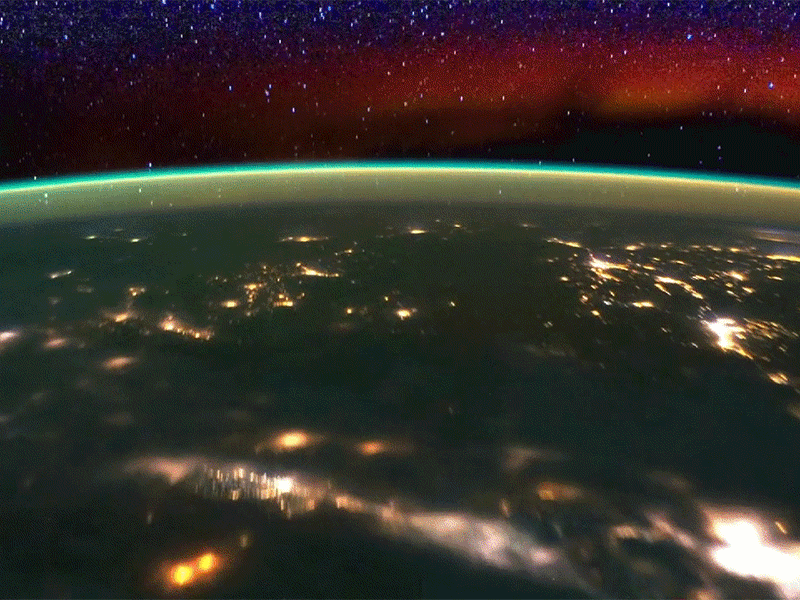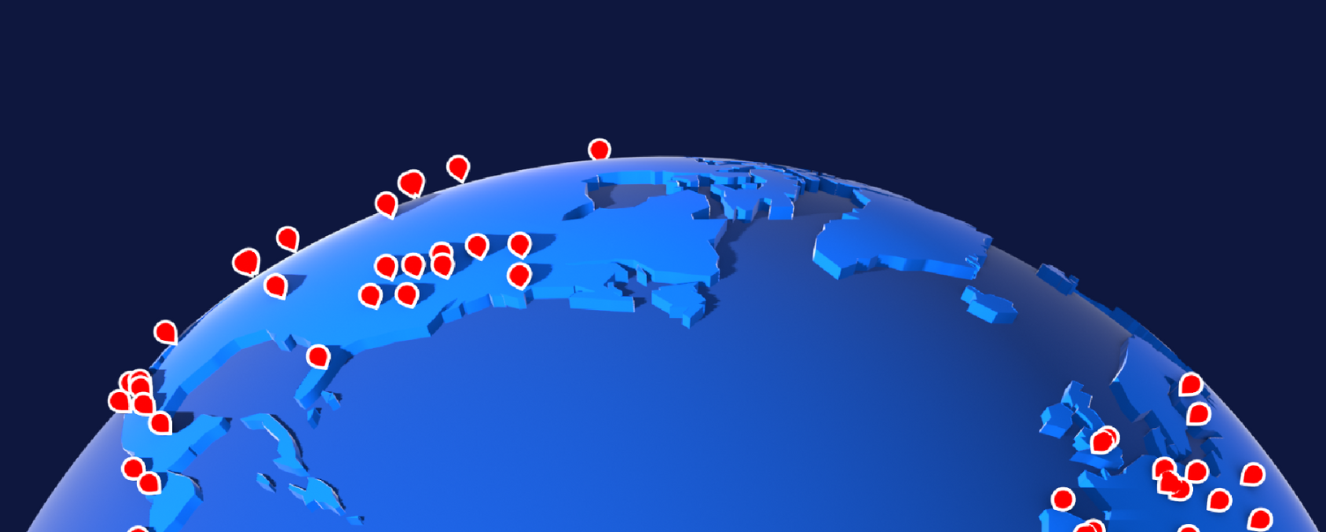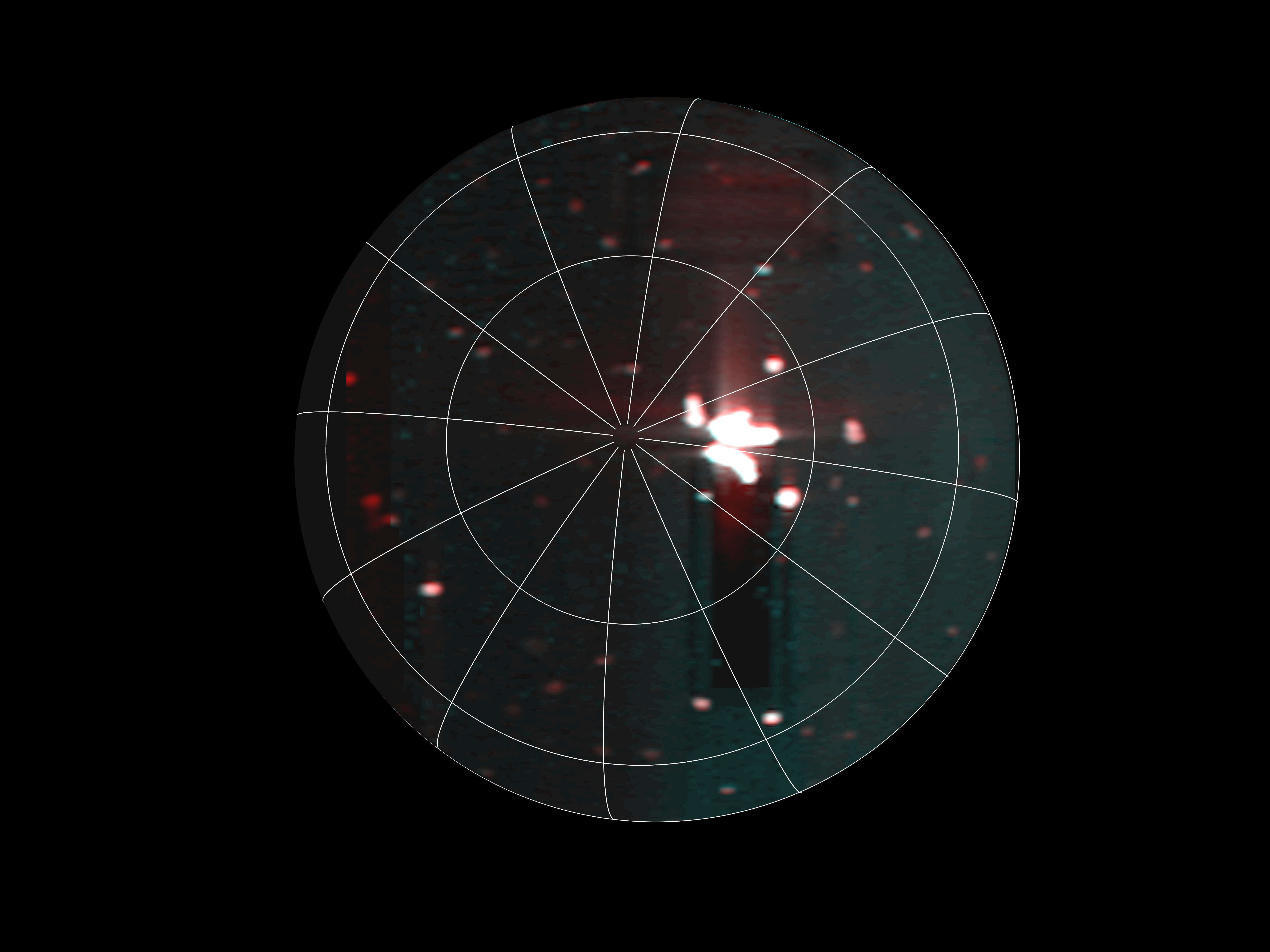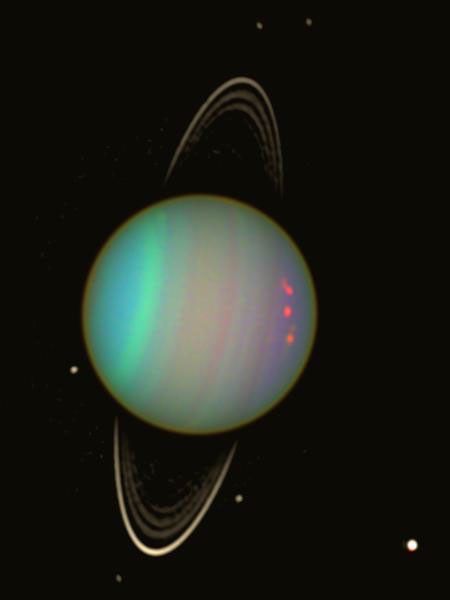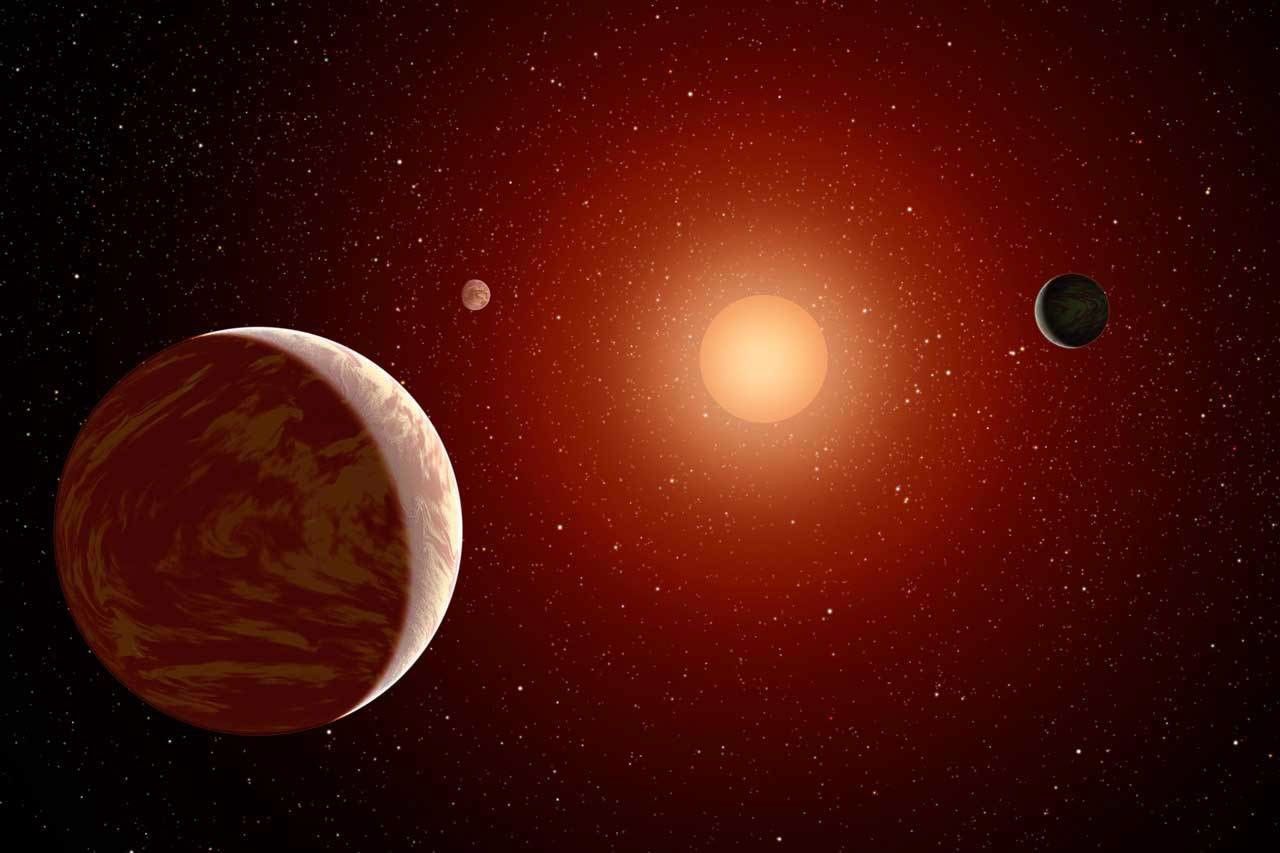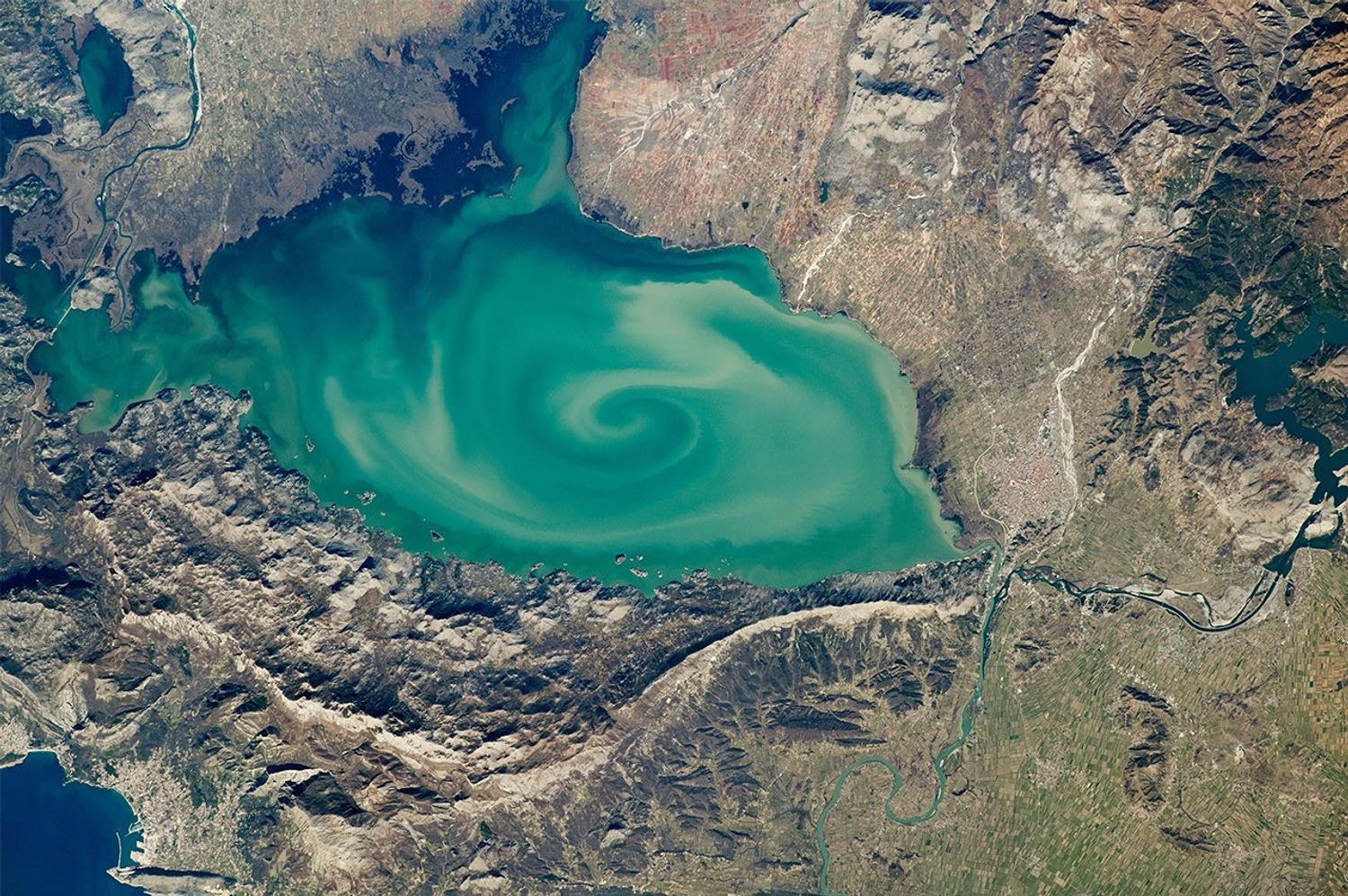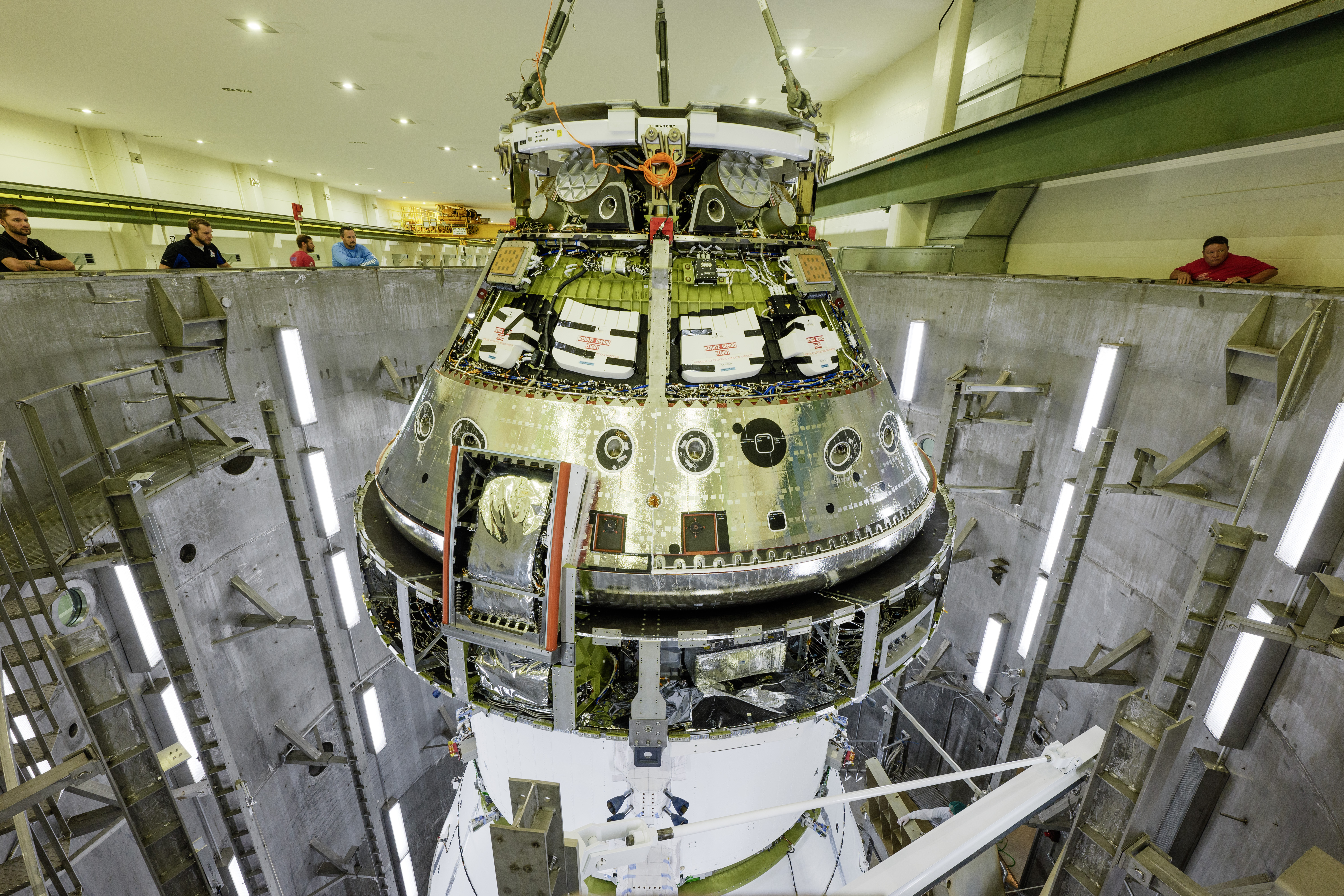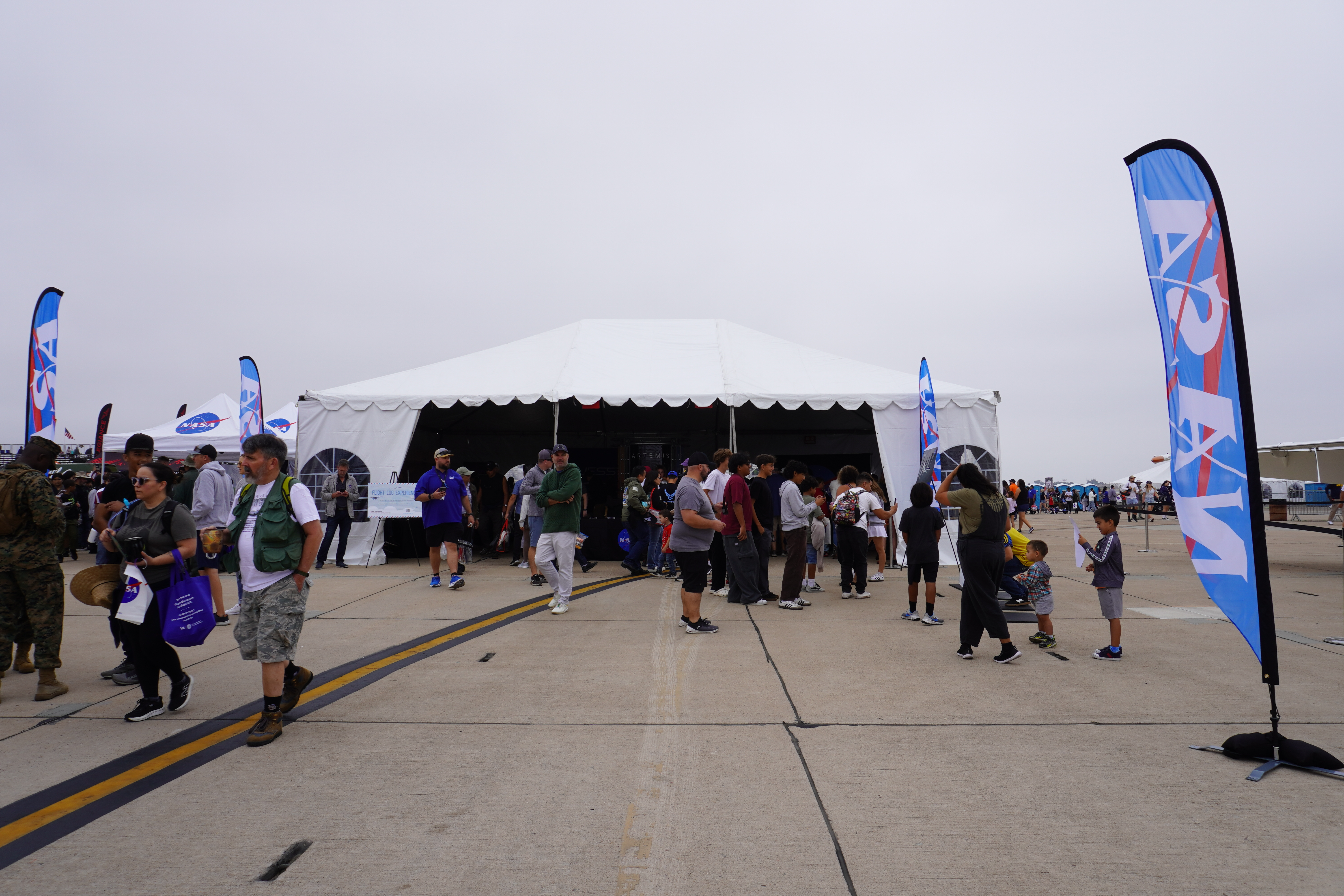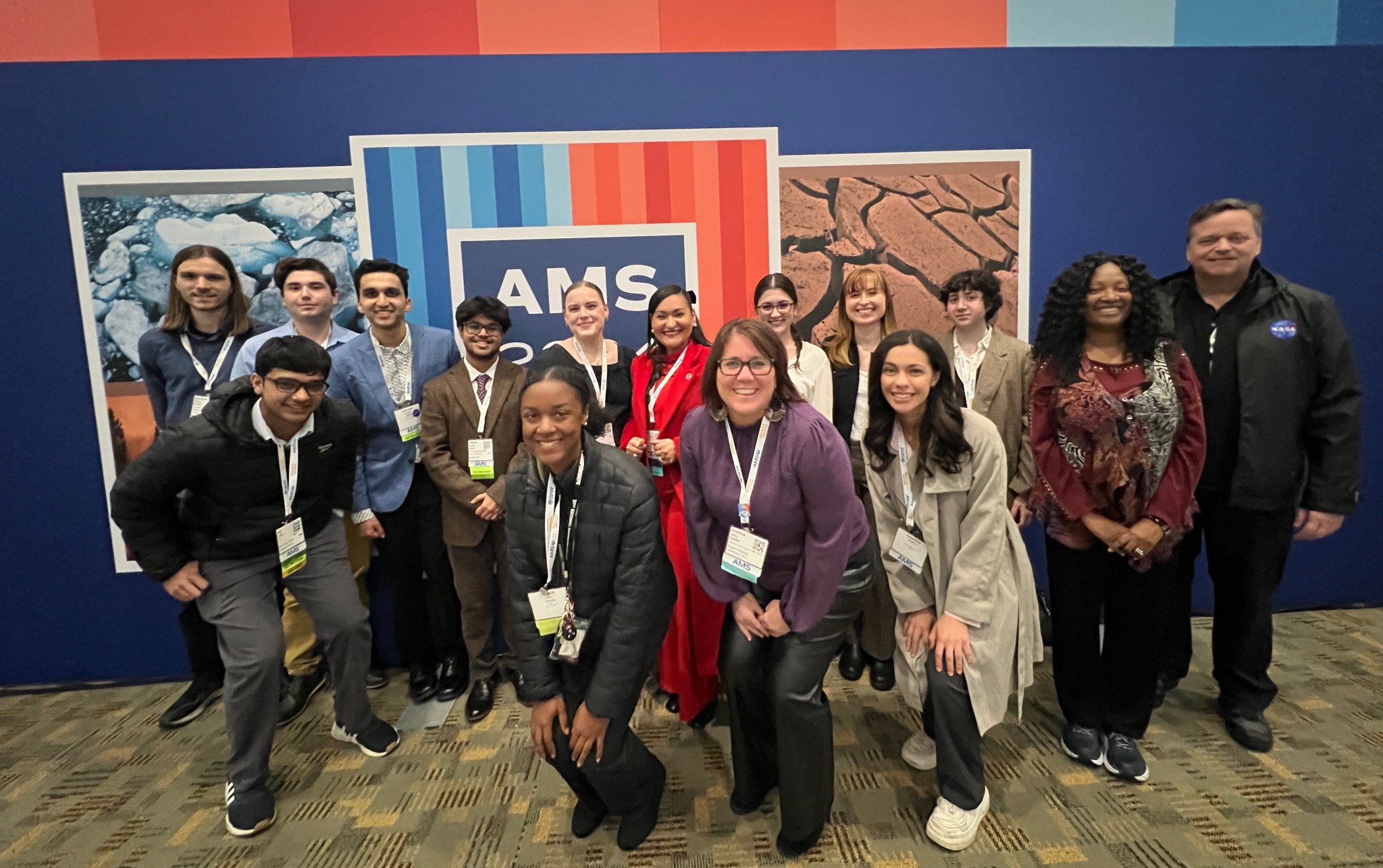Climate Change Research Initiative
Program Overview
NASA Earth Science Division’s Early Career Research (ECR) Program Climate Change Research Initiative (CCRI) is an interdisciplinary, collaborative, year-long STEM engagement, and experiential learning opportunity for educators and graduate students to work directly with NASA scientists and lead research teams in a NASA research project hosted at either NASA’s Goddard Institute for Space Studies, Lamont Doherty Earth Observatory, CUNY City College of Technology in New York City, NY, or NASA’s Goddard Space Flight Center in Greenbelt, MD. The summer component of each CCRI project also includes undergraduate and high school interns.
During the fall and spring terms of CCRI, the research team will consist of NASA Scientists who lead in-service high school STEM educators and graduate student research assistants to become immersed in a NASA science research area related to climate change. During the summer session, the primary research team will add an undergraduate intern and high school intern to the CCRI research team. The entire team will work collaboratively on a full-time basis to complete the research project, deliver presentations, create a scientific poster and a publishable research paper that will be presented at the CCRI HQ Day at NASA Headquarters in Washington, DC, and other science conferences and symposiums.
CCRI Fall 2024-Summer 2025 Research Projects
Research opportunities for educators, grad student assistants, and interns during Fall 2024 through Summer 2025 include the following projects:
- Deciphering Changing Probabilities of Extreme Climate Events in Climate Models and Measurements (GISS)
- Climate Change in the Hudson Estuary — Past, Present, and Future (GISS/LDEO)
- Monitoring and Studying Lakes from Space in a Changing Climate (GISS/CUNY)
- Characterizing the Urban Land Surface Temperature via an Innovative, Multi-Platformed Suite of Satellite and Ground-Based Remote Sensing Technologies (GISS/CUNY)
- SnowEx and Understanding the Role of Snow and Measurements (GSFC)
- Soil Moisture Validation and Assessment. (GSFC)
Work Performance Periods
Fall: October 28, 2024 – December 20, 2024
Spring: February 3, 2025 – May 2, 2025
Summer: June 16, 2025 – August 8, 2025 (Graduate/Undergraduate); June 30, 2025 – August 8, 2025 (Educator/High School)
Applicant Requirements
CCRI applicants must be US citizens. Housing, relocation and travel expenses are not provided. Teachers, graduate students and interns whose locality is regional to the NASA Goddard Institute for Space Studies in New York City, NY, or NASA’s Goddard Space Flight Center in Greenbelt, MD, are encouraged to apply. Applications are considered upon receipt.
The deadline for educators and graduate students to apply for the CCRI 2024-2025 year-long program is September 2024. The final application deadline for Summer 2025 CCRI high school and undergraduate internship opportunities is February 28, 2025 at NASA’s Internship Programs website.
Educators
Application Requirements
Teachers applying for CCRI should submit a cover letter, resume, and unofficial transcripts. Teachers are also encouraged but not required to submit any additional portfolio exemplars. The cover letter should also include:
- A description of how participating in CCRI will benefit your students, school and community.
- Description of IT and programing skills indicating a self-proficiency ranking.
- Rank in order of preference the projects that the teacher would like to apply to and be considered for.
The selected candidate will be requested to provide a letter of support from their school administration for participation and collaboration in the program.
Performance Requirements
- Educators participating in this opportunity become associate researchers, CCRI education ambassadors and STEM education experts who integrate NASA education resources, platforms, data and content into their classrooms while improving STEM education within their communities.
- Participating high school STEM educators contribute to the research project, assist in the development of a research question and assist in guiding the research team to complete all program deliverables.
- Educators also develop a portfolio of lesson plans that utilizes NASA education resources aligning NASA Science and STEM curricula to the Next Generation Science Standards. The teachers will then incorporate the STEM curriculum into their classrooms and also provide community STEM engagement events related to their NASA research study. The fall and spring term will not conflict with the educators’ primary schedule, roles or responsibilities at their school sites.
For the educator unit plans, peruse NASA ECR’s Zenodo Community.
Graduate Students
Application Requirements
Graduate Student Research Assistants applying for CCRI should submit a cover letter, resume and unofficial transcripts. The cover letter should also include:
- A description of how participating in CCRI aligns with your current degree program and anticipated graduation date.
- Description of IT and program skills indicating a self-proficiency ranking.
- Rank in order of preference the projects that the graduate student would like to apply to and be considered for.
The selected candidate will be requested to provide a letter of support from their graduate school advisor for participation and collaboration in the program.
Performance Requirements
- Graduate Research Assistants contribute to the research project, assist in the development of a research question and assist in guiding the research team to complete all program deliverable inclusive of a publishable research paper, comprehensive PowerPoint presentation and scientific poster.
- For graduate student research assistants, this opportunity will not conflict with class schedules during the fall and spring. It is considered to be a part-time position that supports the graduate student’s major area of study.
- All students are required to submit a final report upon completion of the program.
Undergraduates Students/ High School Students
Application Requirements
To Student interns must review the Project Descriptions and complete the Application Form. Once the form is completed, complete the STEM Gateway application and upload this application form along with your other required documents at the STEM Gateway portal. Applications are due February 28, 2025.
For projects at Goddard Institute for Space Studies, New York City, NY:
For projects at Goddard Space Flight Center, Greenbelt, MD:
Performance Requirements
- Undergraduate and high school students work on real NASA projects with the guidance of a NASA CCRI mentor, a research scientist, and gain practical work experience.
- All students are required to submit a final report upon completion of the program.

